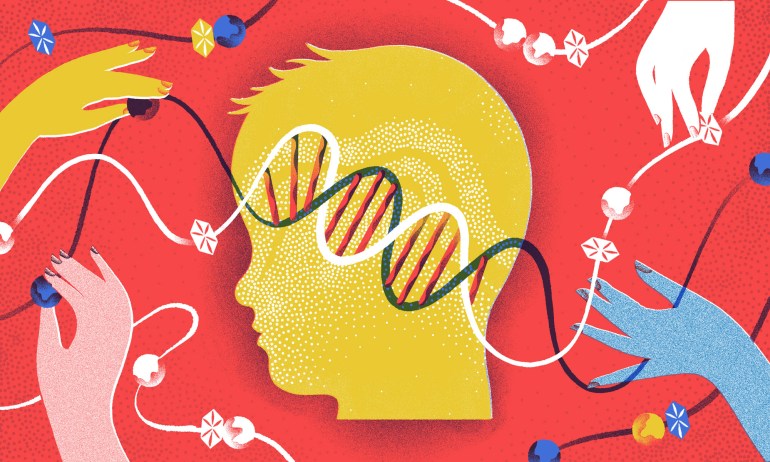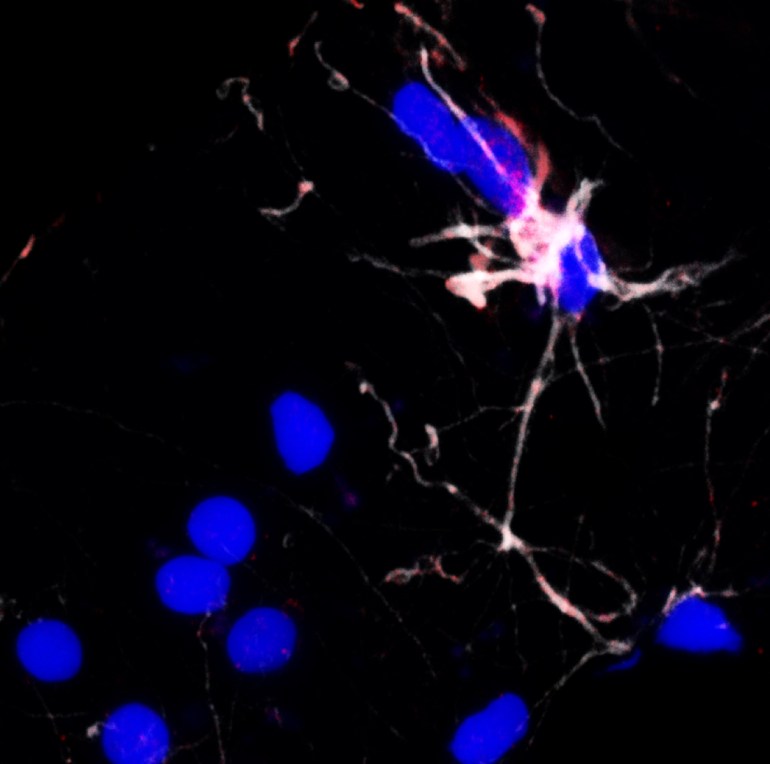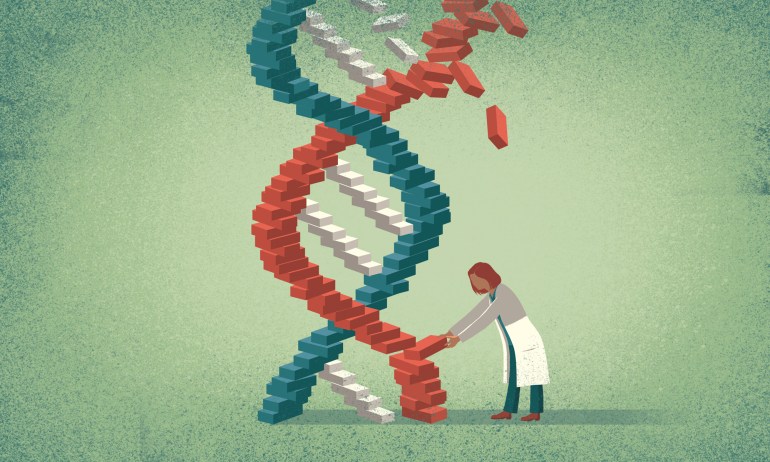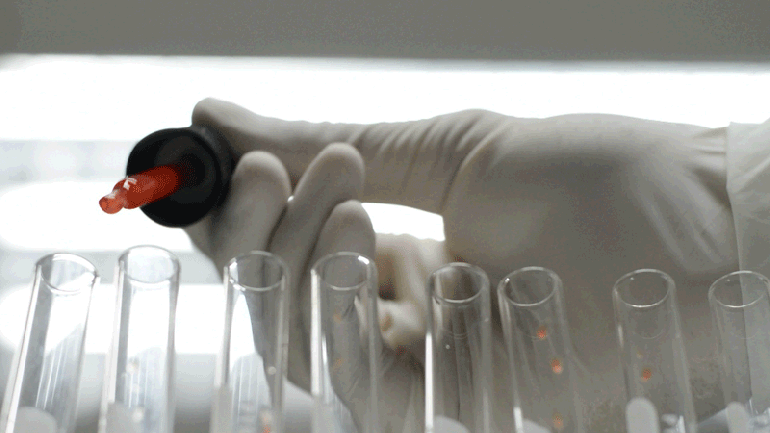
Science
Opinion: Should we use gene editing to produce disease-free babies? A scientist who helped discover CRISPR weighs in.
Researchers recently reported that they were able to edit human embryos to fix a dangerous mutation. The technology is inching closer to reality, so we need to take a stand, says biochemist Jennifer Doudna.

Ok, not exactly. But the possibility has been floated by some scientists investigating neurogenesis, the idea that new neurons are generated in the human brain throughout life. Daniel Reisel explores the impact this new understanding might have on things like our criminal justice system in a new book, “Rewiring Our Reality.”

Tech
Drones, war, science fiction, cybercrime. A conversation with an expert in the future of warfare
P.W. Singer directs the Center for 21st Century Security and Intelligence. He shares thoughts on drones and the future of war.




